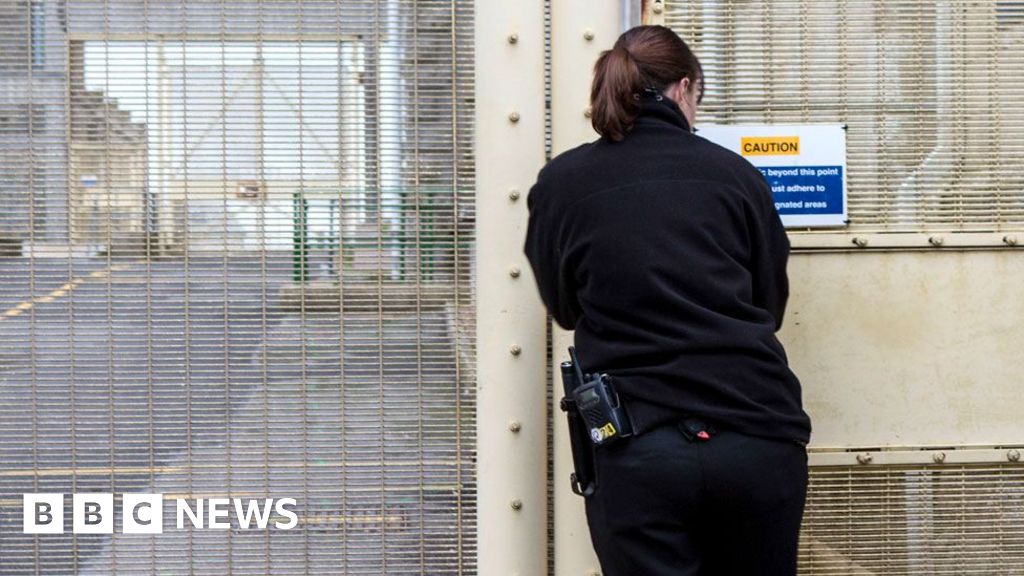World
More prisoners to be freed early to ease overcrowding

Officials have already been looking at expanding the use of successful “sobriety tags” that monitor if an offender drinks alcohol.
They also want to look at the case for smart watch-like devices, piloted in some parts of the US, which send ‘nudge’ messages to offenders.
Trials have indicated they can improve how ex-offenders, who often live chaotic lives, comply with their rehabilitation.
Mahmood said that whatever the final proposals, there should always be a cell available for dangerous offenders – a duty the system came perilously close to failing to meet this summer when it was down to less than 100 available spaces.
The current prison population is 87,465, with 1,671 vacant places remaining.
Andrew Nielson, campaigns director of the Howard League for Penal Reform, welcomed the sentencing review.
He told the BBC that Tuesday’s emergency prisoner releases were “a really blunt tool” and “far from an ideal situation” because some inmates will not be ready to return to the community.
“This only buys the government some time. By this time next year, if not sooner, they’ll be facing the same issues again,” he said. “That’s why the sentencing review is so important.
One of Labour’s first acts after winning the election was to implement the early release scheme, drawn up by the previous government.
The first set of early releases under this strategy came in September, when 1,700 offenders left prison, reducing the overall prison population to 86,333.
However, there were some serious mistakes by the government.
Some people who should not have been released were set free. Thirty-seven inmates whose sentences had not been properly logged were let out in error. The Ministry of Justice (MoJ) says they have now all been returned to custody.
The BBC discovered some released offenders who should have been fitted with an electronic tag to monitor their movements had not been fitted with the device.
Critics have previously voiced concerns about the scheme’s impact on public safety, with a probation union warning it amounted to “moving the problem from one place to another without properly assessing the risks”.
While the emergency release scheme has reduced the population from its peak of 89,000, officials say jails could reach another crisis point from next July if other measures fail to work.
One of those plans is to give magistrates the power to jail offenders for up to 12 months – doubling their sentencing power.
Officials say that move will help cut the 17,000 offenders on remand in cells waiting for their prosecutions to be completed – meaning they can’t be moved through the system towards rehabilitation.
However, the Criminal Bar Association was concerned it would “sharply increase” the prison population – because some defendants would opt for a trial rather than receiving a 12-month jail sentence.
It said this would mean adding their cases to the existing backlog in the crown courts.










